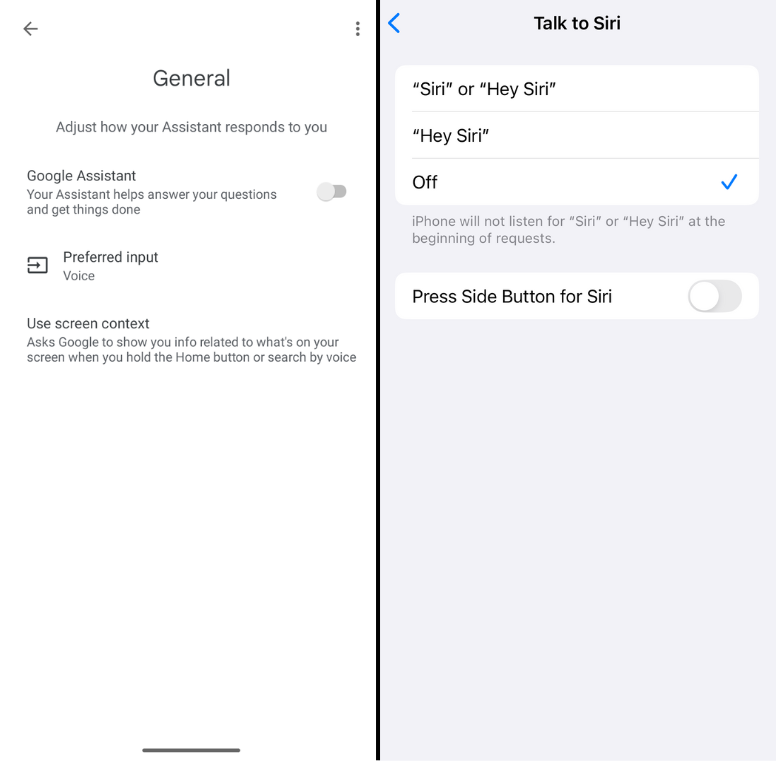If you own a smartphone, you’ve likely experienced this unsettling scenario: You discuss a random topic, and the next day, related ads appear. It’s enough to make you wonder if your phone is listening in. This article explores the possibility of smartphone eavesdropping, offers a simple test to investigate, and discusses alternative explanations for those eerily relevant ads.
The Eavesdropping Test: How to Check If Your Phone Is Listening
To determine if your smartphone is eavesdropping, discuss a unique, unusual topic near your phone. Crucially, this topic should be something you’ve never searched for or discussed online. Avoid topics related to your regular interests or search history.
For a few days, consistently discuss this topic aloud with your phone nearby. Refrain from searching for this topic on any device, including your phone. For instance, if your chosen topic is a trip to Iceland, discuss specific aspects like learning Icelandic phrases or the best geothermal spas to visit.
Monitor the ads you encounter online, including social media feeds, websites, apps, and even your smart TV. If ads related to your chosen topic begin appearing, it might suggest your phone is indeed listening.
Mitigating Potential Eavesdropping: Steps to Take
If you suspect your phone is eavesdropping, consider these steps before resorting to drastic measures:
- Review App Permissions: Carefully examine the permissions granted to each app on your device. Many apps request microphone access unnecessarily. Restrict microphone, camera, and location access to only essential apps.
 Turn off Voice Assistant on phone
Turn off Voice Assistant on phone
-
Disable Digital Assistants: Deactivate voice assistants like Google Assistant or Siri. While convenient, these features can passively record conversations.
-
Clear Voice History: Regularly clear your voice search history to minimize data collection.
-
Software Updates: Keep your phone’s operating system and apps updated. This helps patch security vulnerabilities that hackers could exploit to access your microphone.
For absolute privacy when discussing sensitive matters, power off your phone or leave it in another room.
Alternative Explanations for Targeted Ads: Data Collection Beyond Eavesdropping
While eavesdropping is a possibility, other factors contribute to targeted advertising. Smartphones are data-rich devices, constantly collecting information through various sensors. This data reveals your routines, habits, and even personality traits.
Your location history, interactions with others, lifestyle choices, and health data are just some of the metadata collected. Combined with your search history and app usage, this data creates a detailed profile that advertisers leverage for targeted ads.
For example, your phone might infer your interest in Iceland based on your friends’ searches for Icelandic Airbnbs, your recent download of an Icelandic language learning app, or your increased purchases of Icelandic wool sweaters.
Therefore, those eerily relevant ads may not result from direct eavesdropping but rather from sophisticated data analysis and inference based on your digital footprint.
Conclusion: Balancing Convenience and Privacy
The possibility of smartphone eavesdropping raises valid privacy concerns. While the extent of such practices remains debated, taking proactive steps to manage app permissions, disable voice assistants, and stay updated on software can mitigate potential risks. Remember, your digital footprint paints a comprehensive picture of your interests and activities, enabling targeted advertising even without direct eavesdropping. Balancing the convenience of smart technology with privacy awareness is crucial in today’s digital landscape.










